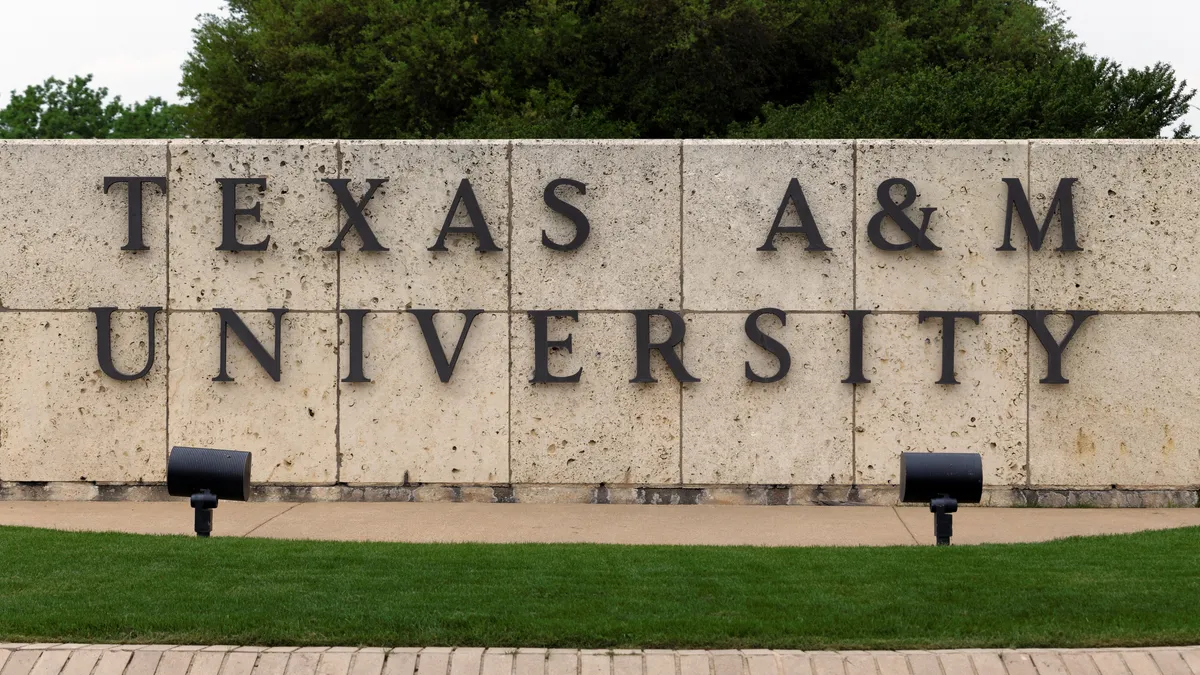Dive Brief:
- More institutions — including Harvard, Massachusetts Institute of Technology and Stanford, among others — are offering courses targeting ethical use of data and computer science, writes the New York Times. Accrediting group ABET even requires that ethics be apart of its institutions' computer science programs.
- Educators are seeing the need to train future technologists and policymakers about the potential moral concerns that can come with innovations like artificial intelligence, particularly as more graduates are drawn to companies in Silicon Valley like Facebook and Twitter that are now facing issues, such as the spread of fake news, the proliferation of inappropriate content and the use of personal data to target online consumers.
- Demand for this type of curriculum has gone up as employers seek to more holistically train students to consider the ethical consequences of what they develop, which has the power to reach people exponentially, contends technology and computer science experts.
Dive Insight:
One such expert, Dustin Loeffler, associate professor of cyber security and information systems at Maryville University, which has a blended computer science and ethics offering, explain there is a business case for institutions to offer this cross-disciplinary approach, because students have started to see the consequences technological innovation can bear.
"In the last presidential election we really saw the outcomes that technology can drive. Students I've worked with have really had their eyes opened up during this time more than they ever had, and this request for this ethical component embedded in the technical curriculum has turned into a sort of organic movement," said Loeffler. "We've made that change at Maryville in combining ethics and philosophy courses with technical courses because students wanted this, they wanted to be more well-rounded."
He added that the onus is on educators to provide this understanding around the ethical implications of technology, because academia is where individuals are still impressionable. The repeated act of discussing ethics helps students consider such factors as their characters develop. There's also the practical component, said Loeffler, that employers seek out developers that will understand how their applications or innovations can affect society, as unethical practice can have legal and financial implications.
"As a developer knowing how to create software — which holds a lot of power — when you go from school to your professional life, you can really have an immense impact on the population," he explained. "From a legal perspective, issues tend to be black or white. From an ethics standpoint its a gray that surrounding the law, and its so open to interpretation. This cross-disciplinary approach teaches students to think critically about what outcomes they produce from their programs and applications."
Mark MacCarthy, Senior Vice President for Public Policy at The Software & Information Industry Association, echoed this sentiment from the perspective of policymakers and workforce stakeholders, noting institutions graduating students with sensitivity of technology's impacts will be more valuable in the eyes of employers:
"AI has made spectacular gains in the last several years, notably in pattern recognition for speech and faces and in self-driving cars. This has prompted expressions of concern about potential dangers of AI ... one response to this has been to sensitize computer scientists and engineers to the ethical implications of their work through courses in ethics," said MacCarthy.
He concludes that ethics in data science, "should be part of the normal curriculum because companies and institutions employing data scientists will expect ethical sensitivity from their new hires. Students with these courses as part of their background will have a comparative advantage in the job market."








